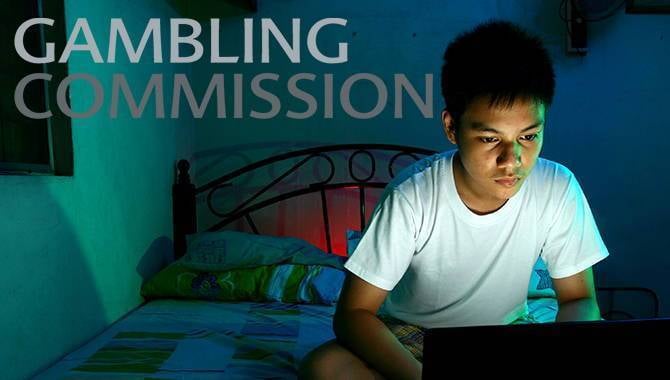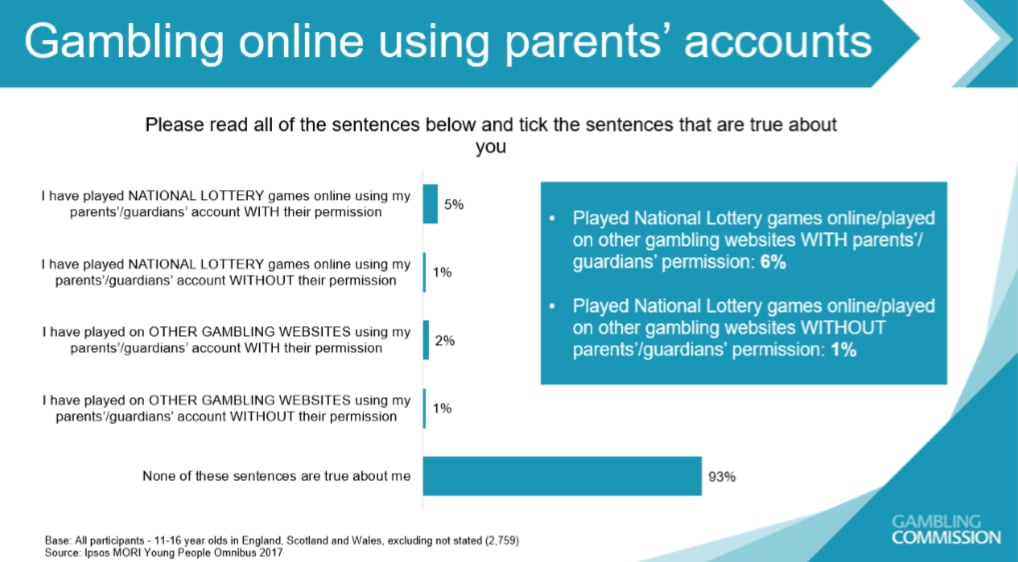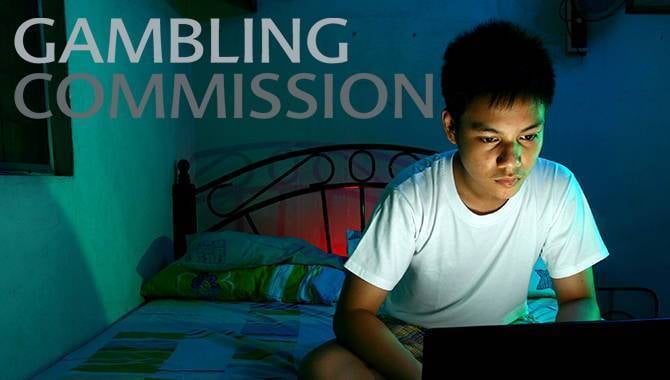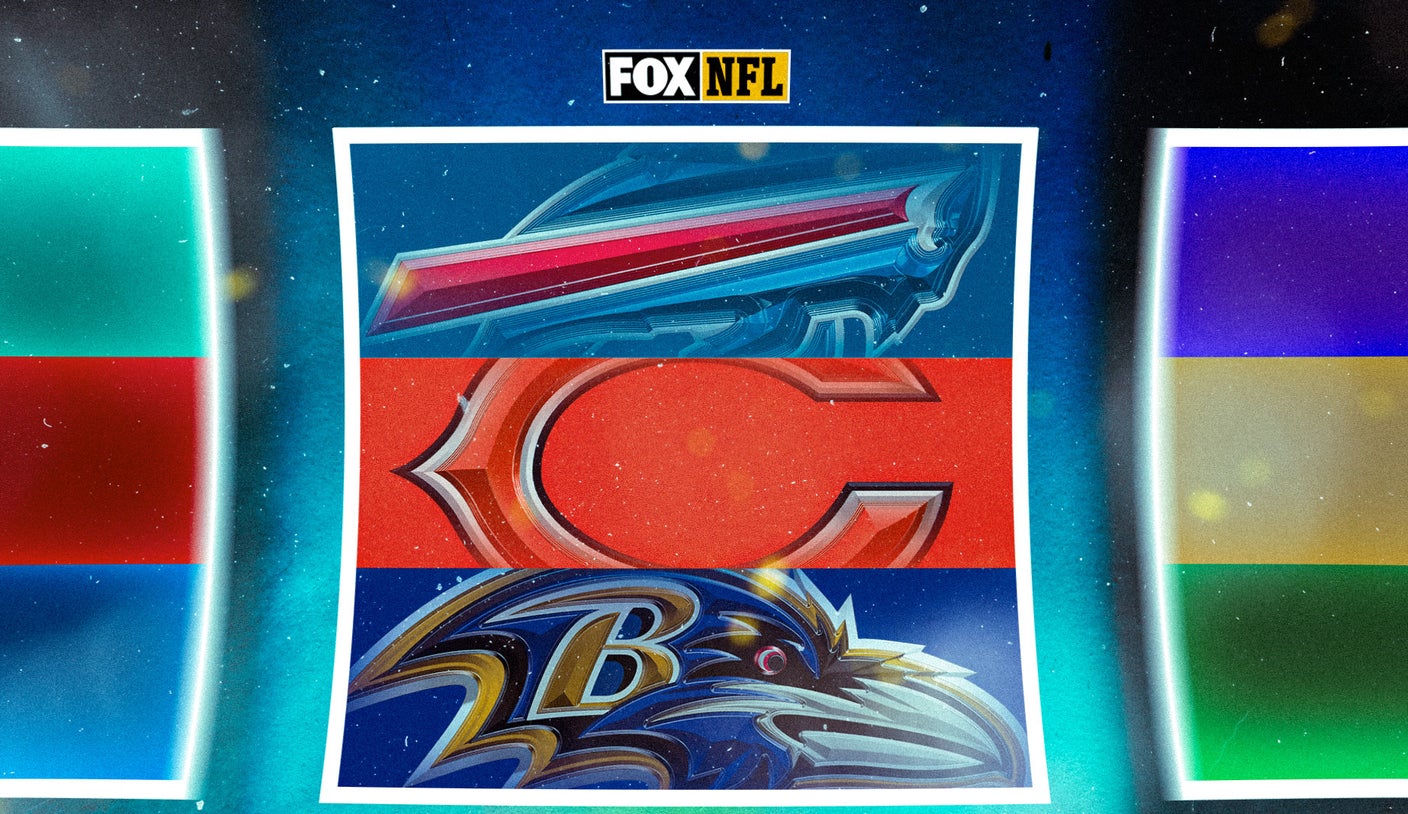 rding to a report published by the Gambling Commission, 12% of 11-16 year olds in the UK have spent their own money gambling in the past week. Although these ps are slightly disconcerting, the results are down from 16% in 2016.The results are based on a sample of 2,881 UK children aged between 11 and 16, who were all surveyed between 6 February – 17 May 2017.The results showed that on average, minors began gambling for the first time at the age of 12, with the majority of these people starting their gambling careers on fruit machines and National Lottery scratchcards.Of the children who were included in the Commission’s study, 0.9% of 11-16 year olds were classified as ‘problem’ gamblers, with 1.3% being considered ‘at risk’, and finally 15.5% as ‘non-problem gamblers’.The biggest contributing factor in this issue is supposedly gambling advertisements, with 80% of all young people having seen a gambling advert on television, 70% on social media and 66% on other websites. Whilst gambling watchdogs continually try to safeguard minors from gambling advertisements, it seems there are a few still falling through the cracks.However, another notable statistic posted in the UKGC’s report is that only 17% of young people were aware of GambleAware, 7% aware of the National Gambling Helpline and 3% aware of GamCare. At the same time, 37% of the surveyed audience were aware of Drinkaware.So whilst there’s an argument concerning gambling companies and the impact their adverts have on the audience, the UKGC suggests that more could be done by industry watchdogs in the way of engaging children to promote the right platforms that are available to them.A first for the Gambling Commission was including the skin betting phenomenon in its 2017 report, which has caused a media frenzy in the national press. Headlines such as ‘25,000 children in Britain are problem gamblers’, ‘Scandal of online video games luring children into betting’ and ‘25,000 children as young as 11 are hooked on online gambling sites’ add little but scaremongering to the argument.The Commission made a point in noting that “the ability to convert in-game items to cash, or to trade them (for other items of value) means they attain a real-world value and become articles of money or money’s worth.”The study found that whilst 45% of 11-16 year olds were aware of skin betting, 11% had actually ever personally bet with in-game items. Of the 11% of 11-16 year-olds who had ever bet with in-game items, more than a third (36%) had done so in the past seven days, 23% within the past month, and 41% more than one month ago.
rding to a report published by the Gambling Commission, 12% of 11-16 year olds in the UK have spent their own money gambling in the past week. Although these ps are slightly disconcerting, the results are down from 16% in 2016.The results are based on a sample of 2,881 UK children aged between 11 and 16, who were all surveyed between 6 February – 17 May 2017.The results showed that on average, minors began gambling for the first time at the age of 12, with the majority of these people starting their gambling careers on fruit machines and National Lottery scratchcards.Of the children who were included in the Commission’s study, 0.9% of 11-16 year olds were classified as ‘problem’ gamblers, with 1.3% being considered ‘at risk’, and finally 15.5% as ‘non-problem gamblers’.The biggest contributing factor in this issue is supposedly gambling advertisements, with 80% of all young people having seen a gambling advert on television, 70% on social media and 66% on other websites. Whilst gambling watchdogs continually try to safeguard minors from gambling advertisements, it seems there are a few still falling through the cracks.However, another notable statistic posted in the UKGC’s report is that only 17% of young people were aware of GambleAware, 7% aware of the National Gambling Helpline and 3% aware of GamCare. At the same time, 37% of the surveyed audience were aware of Drinkaware.So whilst there’s an argument concerning gambling companies and the impact their adverts have on the audience, the UKGC suggests that more could be done by industry watchdogs in the way of engaging children to promote the right platforms that are available to them.A first for the Gambling Commission was including the skin betting phenomenon in its 2017 report, which has caused a media frenzy in the national press. Headlines such as ‘25,000 children in Britain are problem gamblers’, ‘Scandal of online video games luring children into betting’ and ‘25,000 children as young as 11 are hooked on online gambling sites’ add little but scaremongering to the argument.The Commission made a point in noting that “the ability to convert in-game items to cash, or to trade them (for other items of value) means they attain a real-world value and become articles of money or money’s worth.”The study found that whilst 45% of 11-16 year olds were aware of skin betting, 11% had actually ever personally bet with in-game items. Of the 11% of 11-16 year-olds who had ever bet with in-game items, more than a third (36%) had done so in the past seven days, 23% within the past month, and 41% more than one month ago.
 GambleAware Chief Executive, Marc Etches, commented: “We are very concerned about how increasingly children are being introduced to gambling via social media, video gaming and free-to-play casino games online.“We are in great danger of sleepwalking into a future public health storm over gambling-related harm in Britain.“Parents and family members often introduce young people to gambling, whether that is placing a bet or buying a scratchcard, but will do so without explaining the nature of gambling or the associated risks.”So whilst there are clear areas that need to be addressed in terms of media exposure to minors surrounding gambling products and services, another key issue that needs to be evaluated is the skin betting market. The Department for Culture, Media and Sport has promised to review the aforementioned issues, and it will be interesting to see how different these ps look in the same period next year.
GambleAware Chief Executive, Marc Etches, commented: “We are very concerned about how increasingly children are being introduced to gambling via social media, video gaming and free-to-play casino games online.“We are in great danger of sleepwalking into a future public health storm over gambling-related harm in Britain.“Parents and family members often introduce young people to gambling, whether that is placing a bet or buying a scratchcard, but will do so without explaining the nature of gambling or the associated risks.”So whilst there are clear areas that need to be addressed in terms of media exposure to minors surrounding gambling products and services, another key issue that needs to be evaluated is the skin betting market. The Department for Culture, Media and Sport has promised to review the aforementioned issues, and it will be interesting to see how different these ps look in the same period next year.



